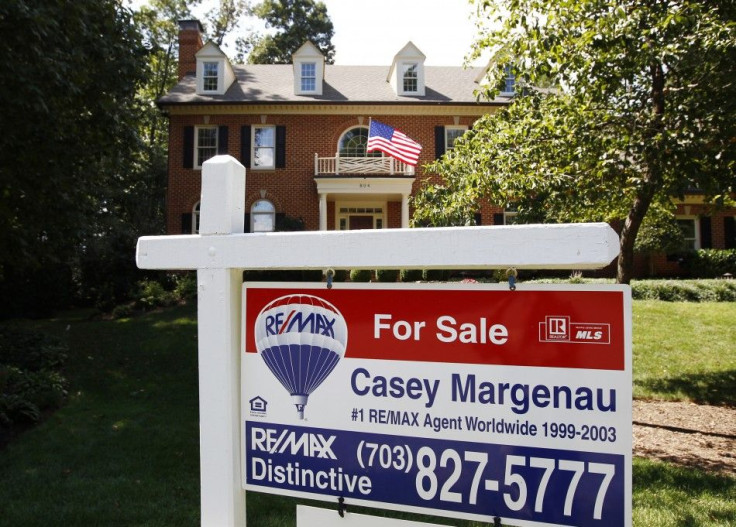U.S. Mortgage Rates Keep Falling -- And That's Bad News For The Economy
Analysis

The 30-year U.S. mortgage rate fell to new record low of 3.49 percent in the week ending Thursday, an unprecedented 1.06 percent below last year's value of 4.55 percent, according to mortgage financier Freddie Mac, with the drop reflecting growing concern over the economy.
"Market concerns over the strength of the economic recovery brought long-term Treasury yields to new lows this week allowing fixed mortgage rates to reach record levels," said Frank Nothaft, Freddie Mac's chief economist, in a statement. Mortgage rates tend to move in correlation with Treasury yields, which act as a barometer for investors. When the yield value goes down, there is usually gloomier economic sentiment.
There have been recent signs the housing recoverying is sputtering: In June, sales of existing homes fell to the slowest pace since October 2011, according to the National Association of Realtors. New home sales also fell to the slowest pace since January, according to government figures.
While a low mortgage rate would appear to benefit the economy by allowing homeowners to pay less each month and potentially enticing new buyers, extremely strict approval standards mean that the bulk of Americans can't take advantage of low rates. The vast majority of new mortgages are refinances -- around 80 percent of the market, according to the Mortgage Bankers Association -- so the low rates are mostly benefitting existing homeowners, rather than spurring new sales.
Some housing commentators, such as real estate appraiser Jonathan Miller, have said that the low mortgage rate is even hurting the housing market, making banks extremely selective because profit margins are so low. Low interest rates are indicative of tight credit, said Miller.
Thus, while higher rates would not be historically welcomed by homeowners, an uptick could indicate a moer positive outlook for the economy.
© Copyright IBTimes 2024. All rights reserved.





















